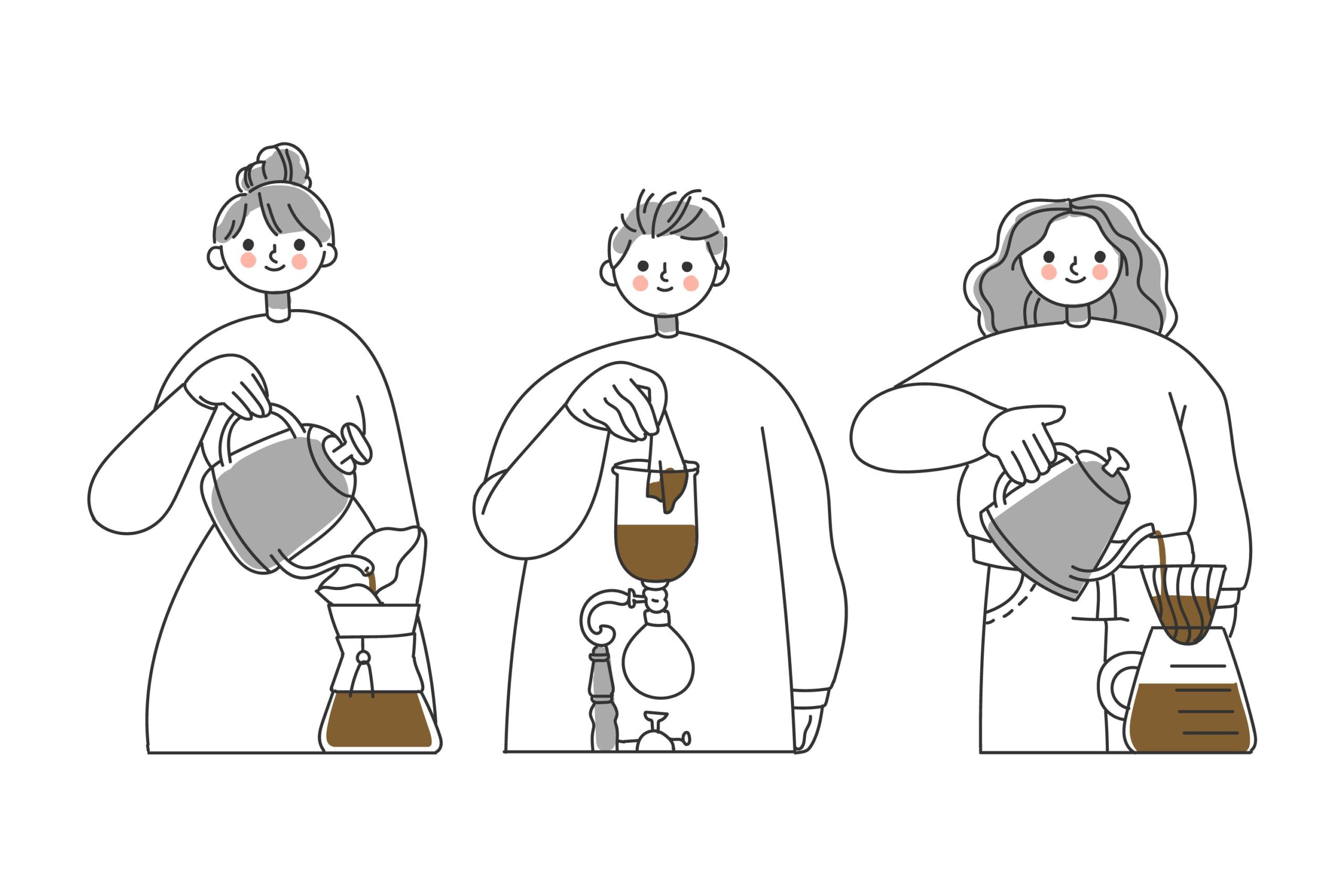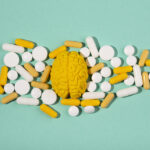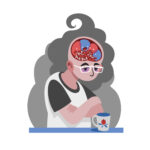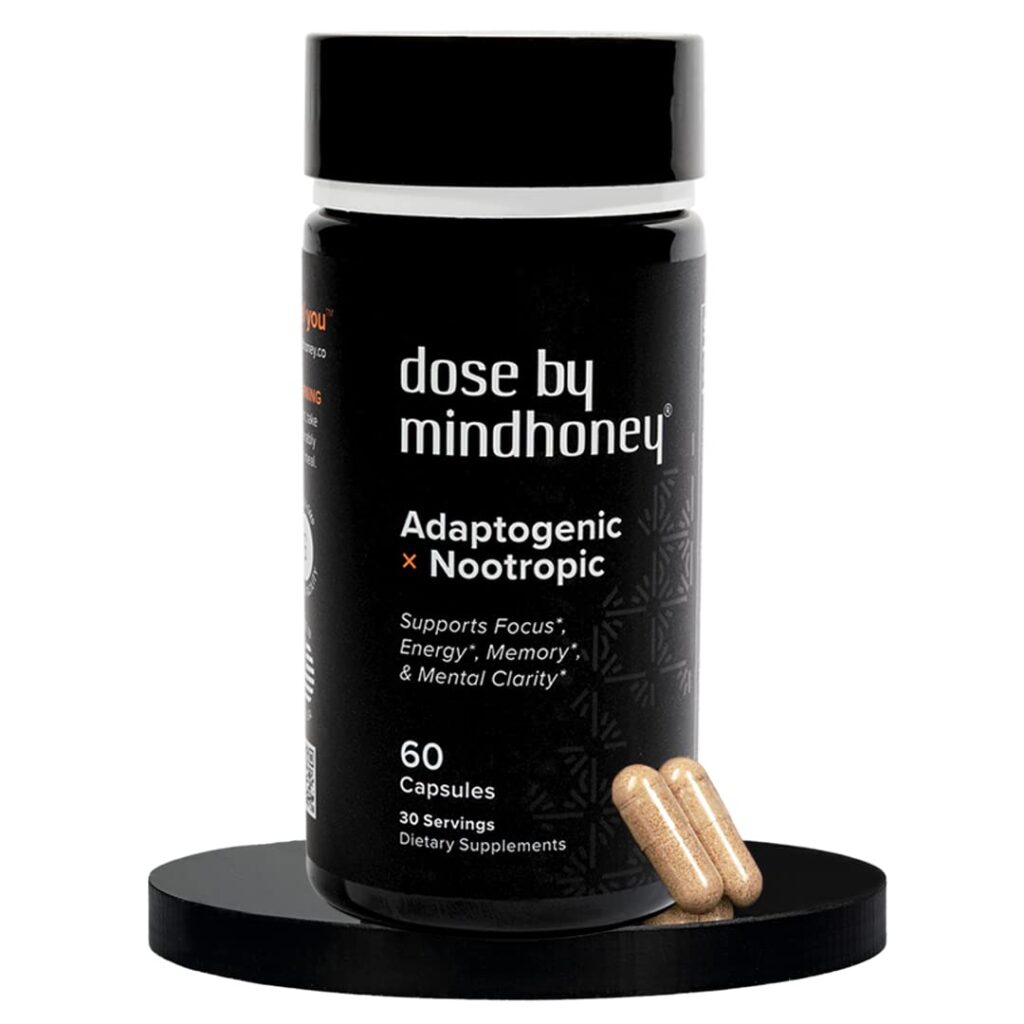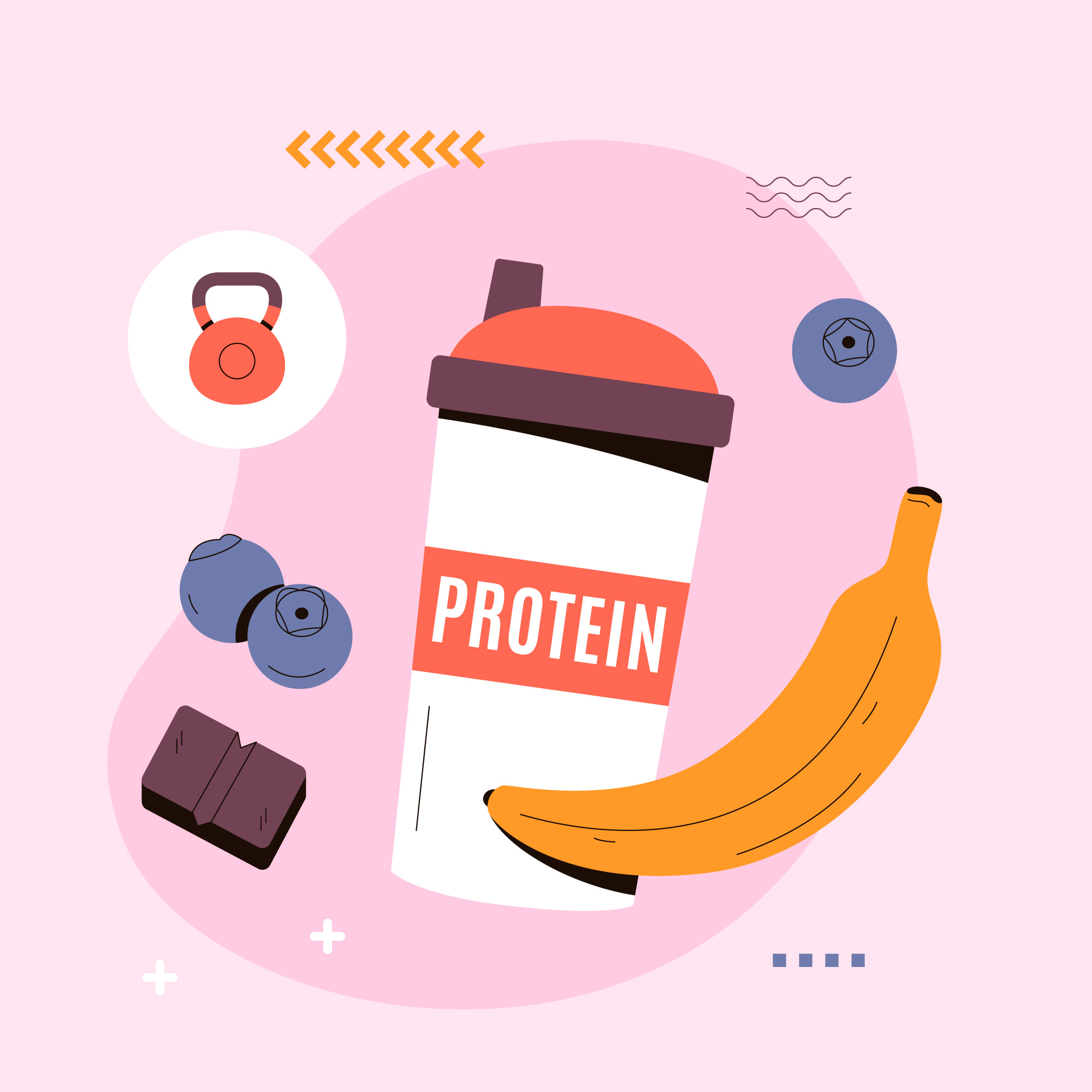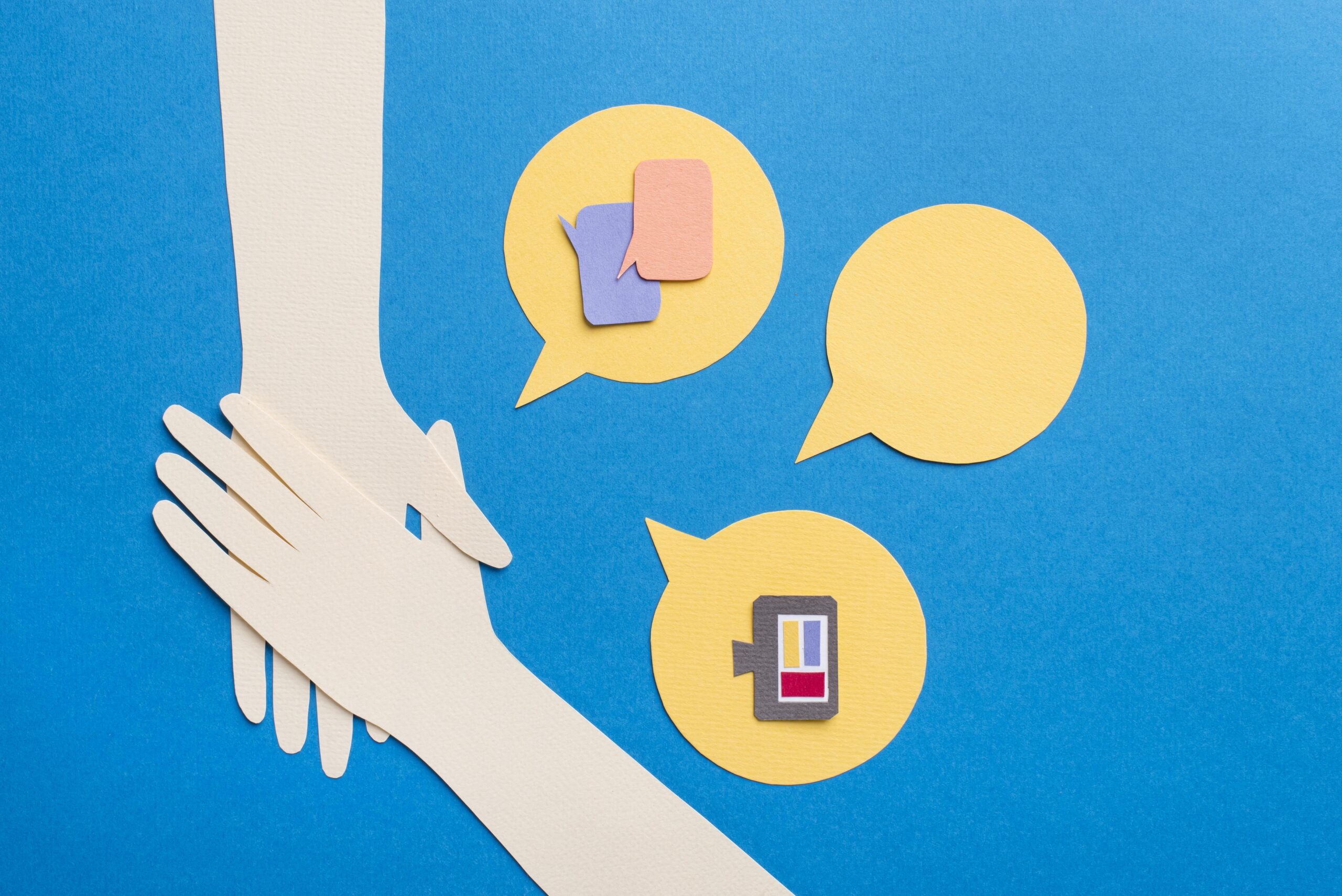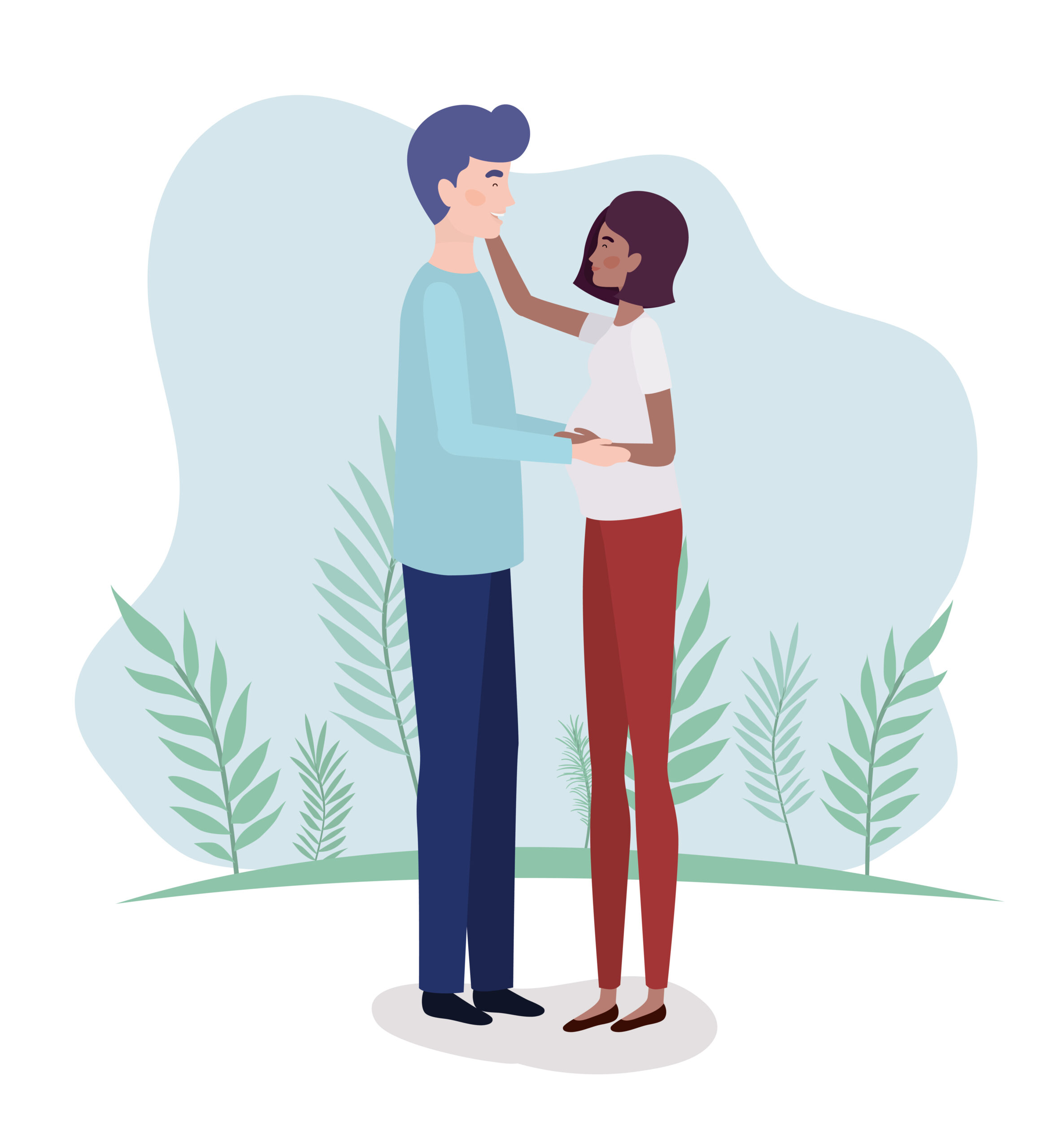The Buzz on Caffeine and Coffee: Effects on ADHD
Caffeine is one of the most widely consumed psychoactive substances in the world, often found in our favorite beverages like coffee, tea, and energy drinks. For many, a morning cup of coffee is a ritual that helps to kickstart the day. But for those with Attention Deficit Hyperactivity Disorder (ADHD), the effects of caffeine can be particularly intriguing. In this blog post, we’ll explore the relationship between caffeine, coffee, and ADHD, examining both the potential benefits and drawbacks.
What is ADHD?
ADHD is a neurodevelopmental disorder characterized by persistent patterns of inattention, hyperactivity, and impulsivity. Symptoms can interfere with academic, occupational, and social functioning, leading to challenges in daily life. While the exact cause of ADHD is not known, it is believed to involve a combination of genetic, environmental, and neurobiological factors.
The Science of Caffeine
Caffeine is a central nervous system stimulant that increases alertness and reduces the perception of fatigue. It works primarily by blocking adenosine receptors, which helps to elevate dopamine levels in the brain. Dopamine is a neurotransmitter that plays a key role in attention and reward pathways, making it particularly relevant for individuals with ADHD.
Caffeine’s Effects on ADHD
- Enhanced Focus and Attention: Some studies suggest that caffeine may help improve attention and focus in individuals with ADHD. This effect may be due to caffeine’s ability to increase dopamine levels, which can be beneficial for those who struggle with attention regulation.
- Mood Improvement: Caffeine can also enhance mood and cognitive functions, providing individuals with ADHD a temporary boost in motivation and energy levels. Many people report feeling more alert and ready to tackle tasks after consuming coffee.
- Self-Medication: Some individuals with ADHD use caffeine as a form of self-medication. They may find that caffeine helps to alleviate some symptoms of ADHD, such as inattention and sluggishness, effectively allowing them to function better in daily life.
The Downsides of Caffeine for ADHD
Despite the potential benefits, caffeine is not a one-size-fits-all solution, particularly for individuals with ADHD. Here are some downsides to consider:
- Increased Anxiety: For some individuals, caffeine can exacerbate anxiety symptoms. ADHD is often comorbid with anxiety disorders, and the stimulating effects of caffeine may heighten feelings of nervousness and restlessness.
- Sleep Disruption: Caffeine consumption, especially later in the day, can interfere with sleep. Poor sleep can worsen ADHD symptoms, leading to a paradox where the short-term benefits of caffeine may be outweighed by long-term negative effects on sleep quality.
- Tolerance and Dependency: Regular caffeine consumption can lead to tolerance, requiring higher doses to achieve the same effects. Some individuals may also develop a dependence on caffeine, leading to withdrawal symptoms when they don’t consume it.
Finding the Right Balance
If you’re considering incorporating caffeine into your routine to help manage ADHD symptoms, it’s essential to do so mindfully. Here are some tips for finding the right balance:
- Start Slowly: Begin with small doses of caffeine and observe how it affects your symptoms. Monitor your level of focus, mood, and anxiety.
- Timing Matters: Avoid caffeine closer to bedtime to prevent sleep disturbances. Experiment with different times of day to find what works best for you.
- Consult a Professional: Before making changes to your diet or treatment plan, consult with a healthcare professional or a licensed therapist who understands ADHD. They can help you determine if caffeine is a suitable addition to your management strategy.
Conclusion
Caffeine and coffee can have both positive and negative effects on individuals with ADHD. While some may find that caffeine helps improve focus and mood, others may experience increased anxiety and disrupted sleep. As with any dietary change, it’s crucial to listen to your body and work with healthcare providers to find the best approach for managing ADHD symptoms. Remember that what works for one person may not work for another, so tailoring your caffeine consumption to your unique needs is key.
Enjoy your coffee, but as with everything, moderation is essential!
